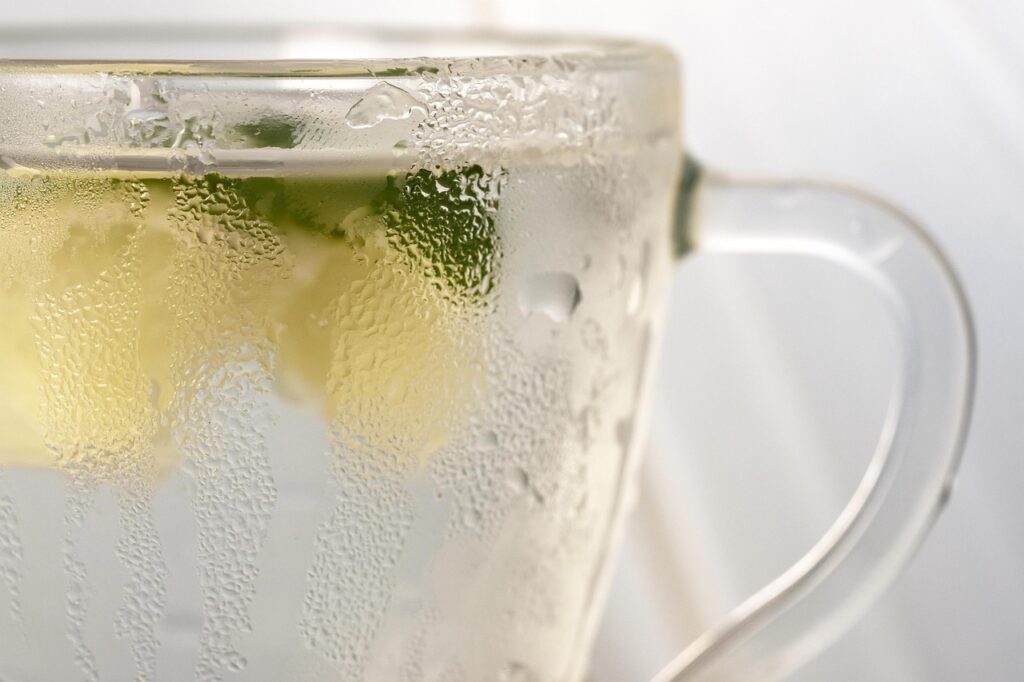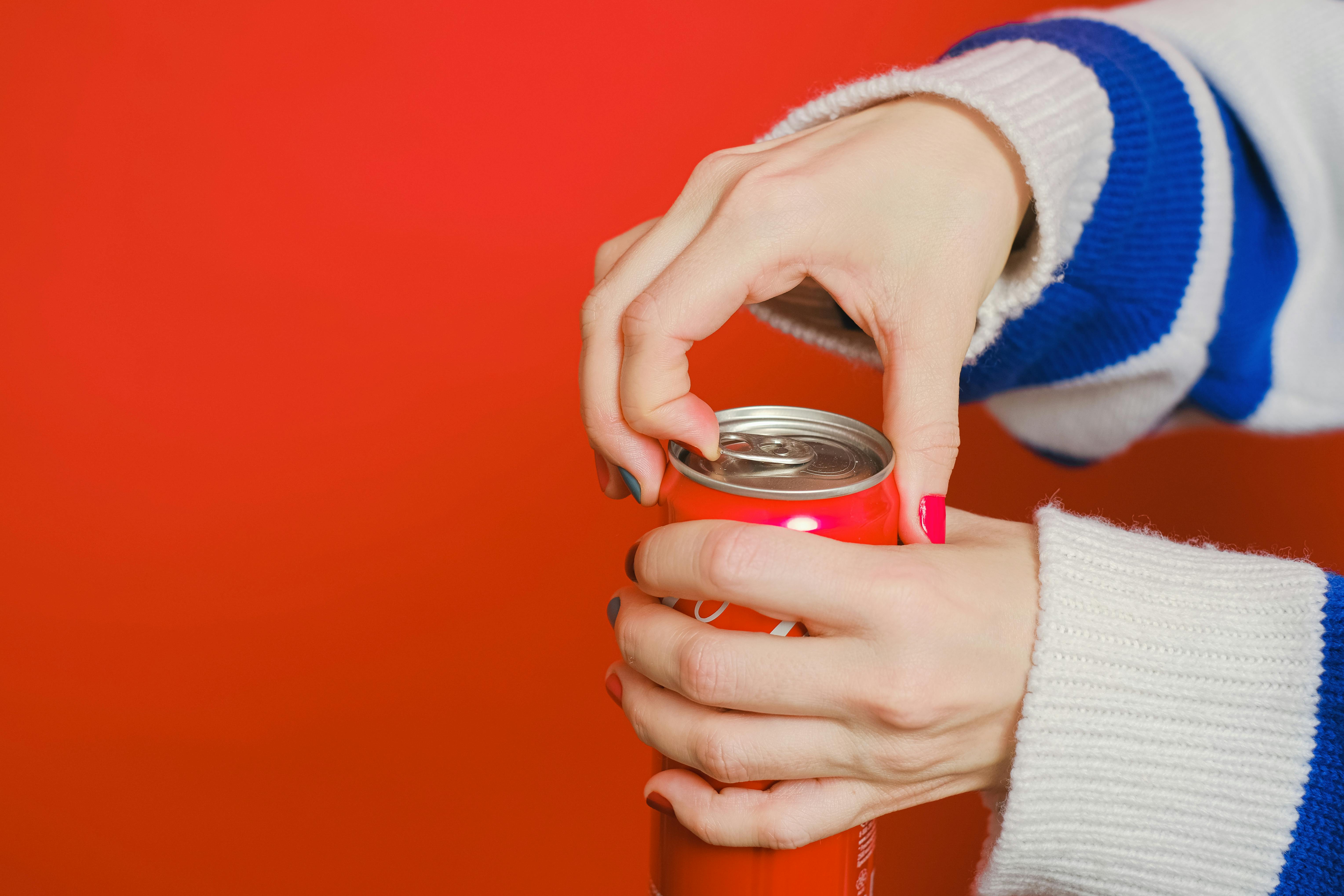
Remember when popping open a can of soda was just… *the thing*? It was the go-to refreshment, the perfect pairing for pizza night, and the fizzy companion to countless childhood memories. Fast forward to today, and if you’re a millennial, you might find your hand reaching for anything *but* a traditional soda. What gives? It turns out, our collective palate has done a full 180, leading to a massive shift in what we’re all sipping on.
This isn’t just about a new diet fad or a passing trend; it’s a profound cultural change. Millennials, born between 1981 and 1996, are increasingly prioritizing health and wellness, and that means steering clear of the sugary drinks that once dominated the beverage aisle. While soft drink production is still a huge industry, the consumption of carbonated drinks, especially among this generation, is seeing a significant and sustained decline. We’re talking about a dramatic pivot towards matcha tea, kale juice, sparkling water, and anything that screams ‘good for you’ over ‘sugar rush.’
So, if you’ve been wondering why your favorite fizzy friends aren’t making as many appearances in millennial hands, you’re in the right place. We’re about to take a deep dive into some iconic sodas that, while once reigning supreme, are now being viewed through a very different lens by a generation that’s actively trying to reduce its sugar and caffeine intake. Get ready to reminisce, reflect, and maybe even realize you’ve been part of this shift all along!

1. **Coca-Cola: The King’s Fading Fizz**It’s hard to imagine a world without Coca-Cola, right? For over a century, the iconic red can and its classic cola flavor have been synonymous with American culture, a dominant force in the soda industry. It was *the* celebratory drink, the refreshing pick-me-up, and for many years, an undisputed champion on supermarket shelves and in our fridges. But here’s the kicker: while still a top seller overall, its reign over millennial hearts isn’t quite as absolute as it used to be.
Millennials are, simply put, more health-conscious than previous generations. They’re acutely aware of the health implications associated with sugary drinks, and they’re actively trying to cut down. This means that a full-calorie Coca-Cola, delicious as it might be, often takes a backseat to alternatives. Many are switching to plain old water – with some jazzing it up with lemon or opting for sparkling water – because it aligns better with their wellness goals.
This isn’t just a personal preference; it’s a movement that’s impacting the giants of the beverage world. Companies like Coca-Cola are experiencing slower sales growth and a decline in stock value because a significant demographic is opting out of their flagship sugary products. While some millennials might still enjoy a Coke as an occasional treat, the days of it being a daily staple are increasingly behind them, replaced by a conscious effort to embrace lower-calorie or no-sugar options.
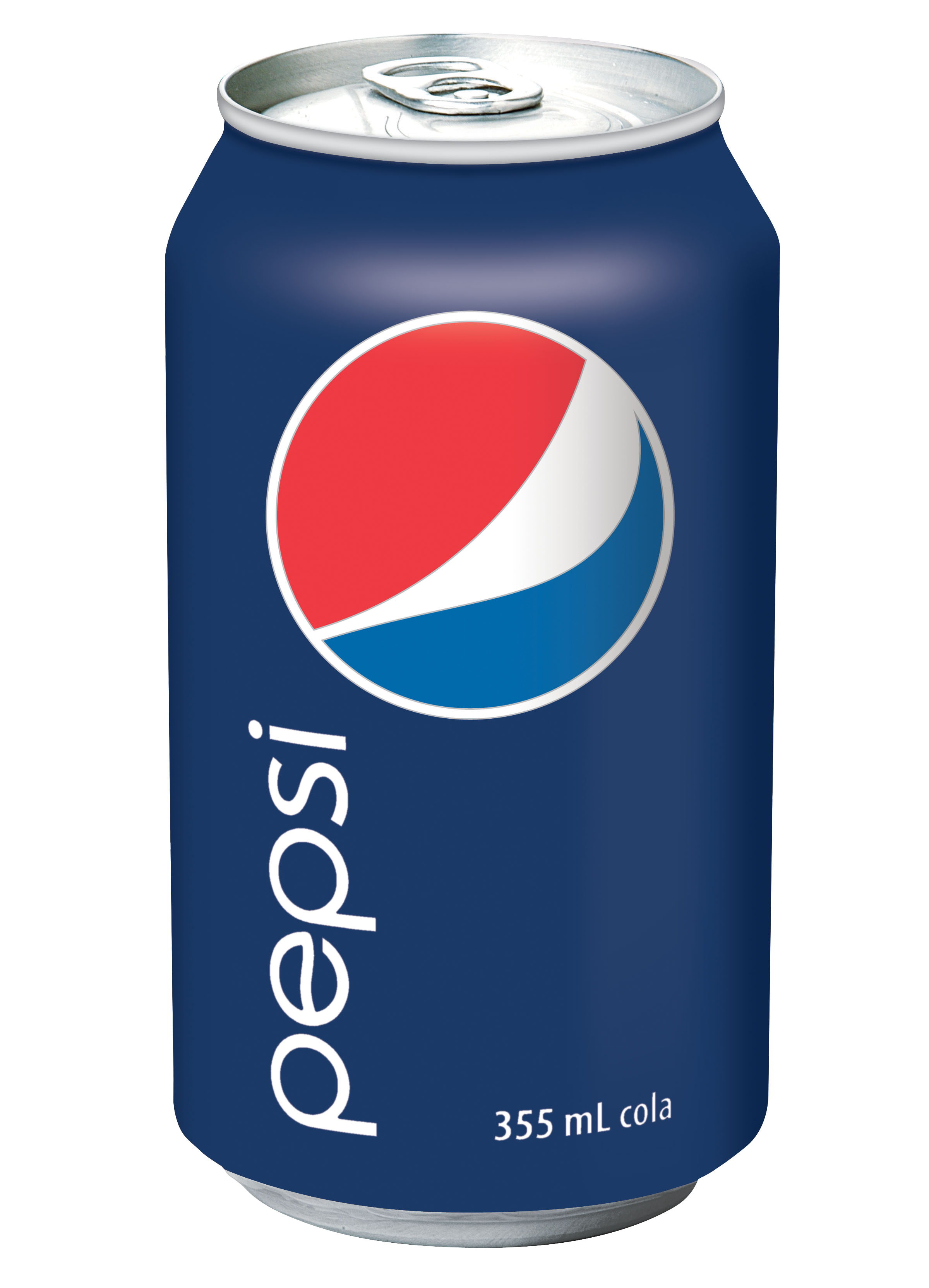
2. **Pepsi: The Challenger Losing Its Edge**For decades, the great Coke vs. Pepsi debate was a cornerstone of American consumer culture. Pepsi, with its sweeter profile and innovative marketing campaigns, carved out a significant share of the market, often holding the coveted No. 2 spot. It was the choice of a new generation, a bold alternative, and a brand that resonated deeply with many during its heyday. However, recent years have seen a notable shift in its standing, particularly as millennial preferences evolve.
Beverage Digest data reveals a compelling story: for many years, Coke and Pepsi were the top two bestselling sodas. But that dynamic has changed dramatically. In 2023, Dr. Pepper actually overtook Pepsi to claim the No. 2 spot, and in 2024, Pepsi slipped even further, falling behind Coca-Cola’s Sprite to become the fourth bestselling soda. This isn’t just a slight dip; it’s a significant indicator of changing consumer allegiance, especially among those who are redefining what ‘refreshment’ means.
This slide down the rankings isn’t arbitrary; it reflects a broader trend driven by millennials’ and Gen Z’s increasing desire for healthier beverage choices. As consumers look away from high-fructose corn syrup and excessive sugar, the traditional full-calorie Pepsi struggles to maintain its former dominance. This shift has pushed companies like PepsiCo to adapt, launching premium soda lines made with cane sugar or focusing on low- and no-sugar offerings to try and win back these health-conscious generations.
Millennial consumers are undoubtedly influencing the beverage industry, pushing it to offer more options that cater to their health-focused priorities. The decline in Pepsi’s top-tier ranking serves as a stark reminder that even the most iconic brands must evolve or risk being left behind in a market shaped by new consumer values. It’s a clear signal that for many millennials, the sweet, fizzy comfort of a classic Pepsi no longer holds the same appeal it once did.
3. **Mountain Dew: The Extreme Energy That’s Lost Its Thrill**Mountain Dew burst onto the scene with its bold citrus flavor and famously high caffeine content, quickly becoming the drink of choice for anyone seeking an energy boost or a taste of ‘extreme’ refreshment. It cultivated a loyal following, especially among younger demographics, who were drawn to its unique taste and the promise of an invigorating kick. For a long time, if you needed to pull an all-nighter or fuel an adventure, Mountain Dew was often right there with you.
But for many millennials today, the quest for energy has taken a different turn. Instead of a sugar-laden, highly caffeinated soda, they’re gravitating towards cleaner, more functional alternatives. Think healthy energy drinks with transparent ingredients, or simply a robust cup of matcha tea, which offers a sustained, less jittery lift. The appeal of a sugar-fueled rush is diminishing as awareness of its associated crashes and negative health impacts grows.
As a full-calorie soda, Mountain Dew falls squarely into the category of drinks that millennials are actively trying to reduce or eliminate from their diets. The public health narrative has increasingly cast sugary drinks as an enemy, linking them to weight gain and an increased risk of chronic diseases like diabetes. These concerns aren’t lost on millennials, who are making informed choices to safeguard their well-being.
The decline in overall soda consumption, driven by health and wellness concerns, directly impacts brands like Mountain Dew that historically relied on their sugary, high-caffeine appeal. While still enjoyed by some, its position as a go-to beverage for daily energy or refreshment is fading among a generation that seeks more mindful and beneficial ways to fuel their active lifestyles. It’s a prime example of how even a distinctive and powerful brand needs to reckon with changing consumer values.
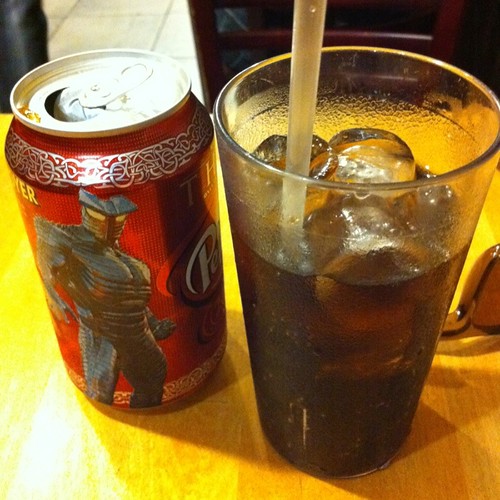
4. **Dr. Pepper: The Unique Blend, Now a ‘Sometimes’ Sip**Dr. Pepper has always stood out from the crowd with its enigmatic blend of 23 flavors, creating a distinct taste that has captivated soda drinkers for decades. It’s a flavor profile that evokes strong opinions – you either love it or… well, you get the idea! Its individuality has kept it as a popular choice, even recently surging in overall rankings to overtake Pepsi as America’s second best-selling soda. But even this unique star isn’t immune to the millennial shift away from daily sugary indulgence.
While Dr. Pepper’s overall popularity might be on the rise, driven by its devoted fanbase and perhaps a nostalgic appeal for others, many millennials are still part of the broader trend of reducing consumption of carbonated soft drinks. For this health-conscious generation, Dr. Pepper, despite its unique charm, represents a full-sugar beverage. This means that for a millennial striving for healthier habits, it transitions from an everyday drink to a ‘special treat’ or an occasional indulgence, if consumed at all.
Millennials are increasingly embracing alternatives like plain water, sparkling water infused with fruit, or various low-calorie and low-sugar options that provide refreshment without the guilt. The knowledge that excessive sugar intake contributes to health concerns means that even a beloved, multi-faceted flavor like Dr. Pepper is now evaluated through a health lens. This evolving relationship underscores the power of the health and wellness movement. Even as Dr. Pepper sees an overall market resurgence, for many millennials, it exemplifies the kind of sugary beverage they’re actively trying to limit, a stark contrast to the ‘taste and fun only’ mindset of the 90s.
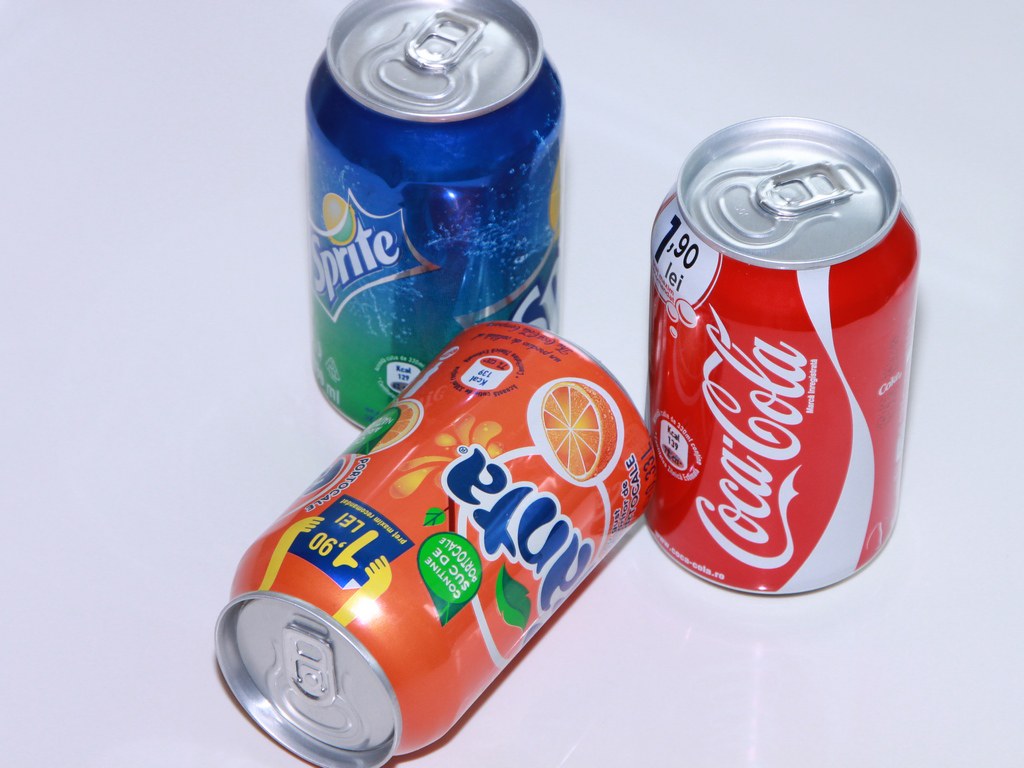
5. **Fanta: The Fruity Fun Losing Its Flavor**Fanta, with its vibrant colors and wide array of fruity flavors like orange, grape, and pineapple, has long been a go-to for those seeking a sweeter, more exotic taste in their beverages. It’s a soda that screams fun and vibrancy, often associated with cheerful moments and playful indulgence. For years, its sugary sweetness and bold fruit flavors made it a consistent hit, especially among younger consumers looking for something beyond the traditional colas.
However, Fanta’s vibrant, sugary sweetness is now precisely what makes many millennials hesitate. Their preference has shifted dramatically towards more natural, less processed, and lower-sugar alternatives. Why opt for a sugary fruit-flavored soda when you can have a sparkling juice or a fresh-pressed fruit juice offering a similar taste without the added sugar and artificial ingredients? This trend, further accelerated by Gen Z’s demand for healthier options, means traditional Fanta struggles to compete with clean-label drinks and functional beverages. The ‘fun’ of Fanta is being redefined by a generation that wants health benefits alongside taste.
This significant shift has forced companies to re-evaluate product formulations, aiming to reduce high-fructose corn syrup, artificial colors, and flavors often found in traditional fruity sodas. The combined spending power of millennials and Gen Z means manufacturers offering healthier, cleaner options are best positioned for success. Thus, while Fanta might still evoke nostalgic smiles, it’s increasingly overlooked for choices that align with a modern, wellness-focused lifestyle.
Okay, so we’ve touched on some absolute titans of the soda world that are now just *not* hitting the same for millennials. But the fizz-free future doesn’t stop there! This isn’t just about the colas and the fruit bombs; it’s about a complete re-evaluation of what we put in our bodies. So, let’s keep unwrapping this mystery and see which other once-beloved bubbly beverages are getting the side-eye from the health-conscious crowd.
Get ready to ponder, reminisce, and maybe even nod along as we explore five more sodas that have slipped from daily staples to occasional indulgences, or even completely off the millennial radar. We’ll look at how generational influences, the constant search for functional benefits, and ever-evolving market trends are reshaping our drink choices.
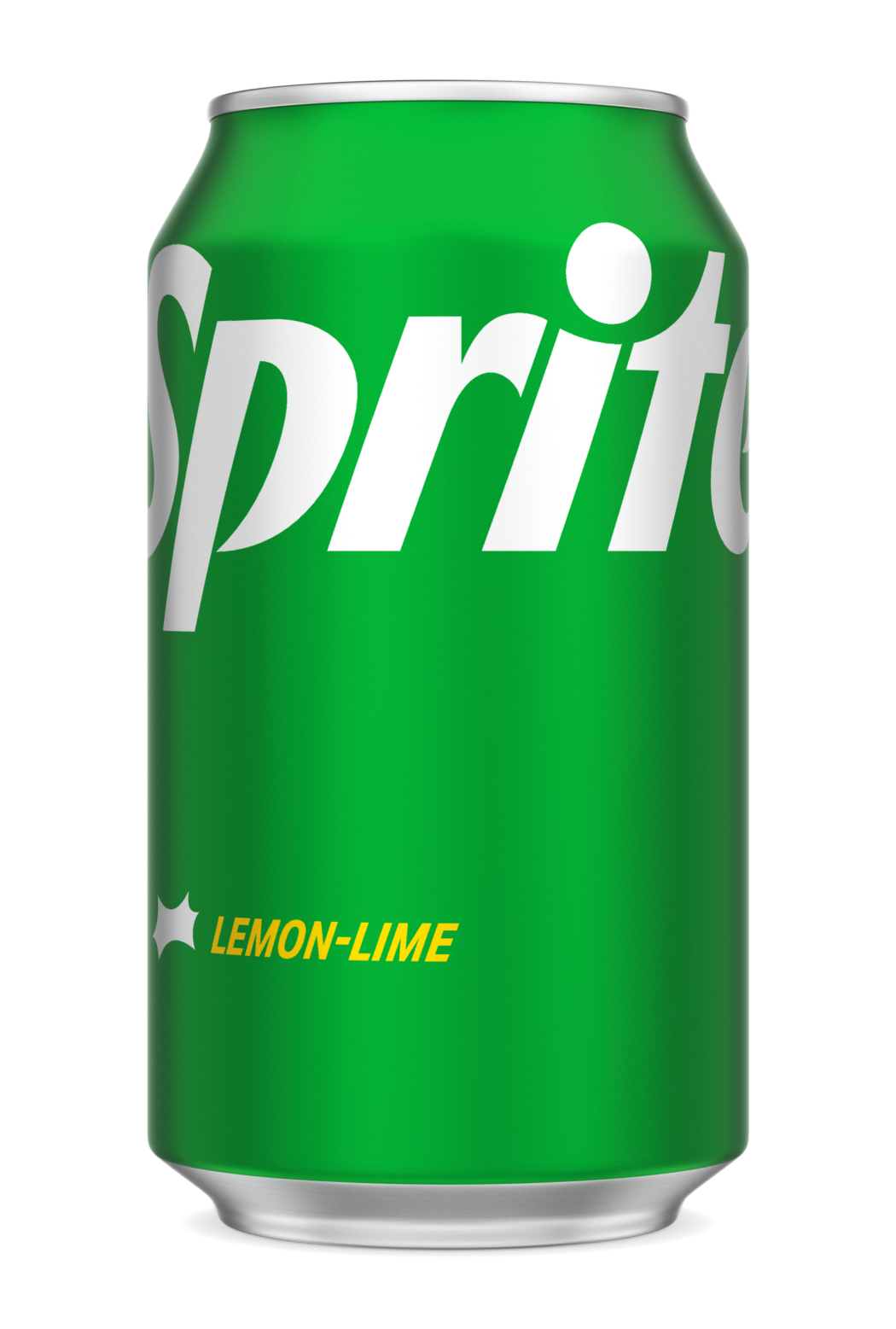
6. **Sprite: The Clear Choice Losing Its Clarity**Ah, Sprite. For years, it was *the* refreshing, lemon-lime antidote to a hot day or a heavy meal. It offered a crisp, clean flavor profile that distinguished it from its darker, cola-flavored cousins, and for many, its caffeine-free status was a major selling point. You could sip on Sprite without worrying about a late-night buzz, making it a popular go-to for kids and adults alike when they wanted something light and bubbly.
But just like its sugary counterparts, Sprite faces an uphill battle with millennials who are diligently scanning ingredient lists and seeking out beverages that offer more than just a sweet taste. While it lacks caffeine, traditional Sprite is still packed with sugar, and that’s a big red flag for a generation actively trying to reduce their sugar intake. The public health narrative has shifted significantly, making even seemingly ‘lighter’ sodas like Sprite a target for elimination from daily diets.
So, what’s a millennial to do when they crave that lemon-lime zing? Many are turning to sparkling water infused with fresh lemon or lime, creating their own clean, zero-sugar versions of the classic. The appeal of a simple, natural refreshment is soaring, pushing traditional sugary drinks further down the priority list. This isn’t to say Sprite is gone forever – it still holds a spot for nostalgic sips or occasional mixers – but its position as a daily thirst-quencher has definitely been usurped.
The beverage industry knows this, which is why we’ve seen the rise of options like Sprite Zero, designed to cater to those looking for the taste without the sugar. However, even these zero-calorie versions face scrutiny, as some millennials (and definitely Gen Z) are looking beyond artificial sweeteners to truly natural ingredients. It’s a clear sign that the desire for ‘clean’ and ‘healthy’ is trumping even a beloved brand’s long-standing appeal.
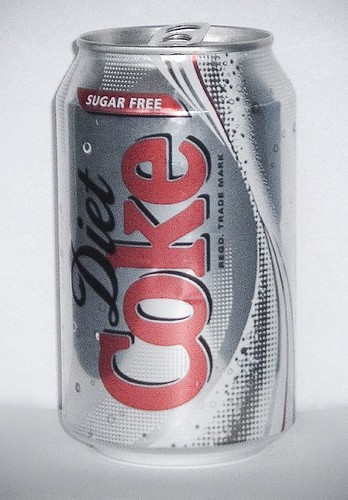
7. **Diet Coke: The OG Diet Soda Navigating New Health Horizons**For a long time, Diet Coke was the undisputed queen of the ‘healthy’ soda world. It offered all the familiar taste of Coca-Cola, but without the calories and sugar, making it the perfect choice for those who wanted to indulge without the guilt. It was revolutionary, empowering countless individuals to stick to their diets while still enjoying a fizzy treat. Many millennials grew up seeing Diet Coke as the smarter, more health-conscious option, and it carved out a massive market share by doing so.
However, the definition of ‘healthy’ has evolved dramatically for millennials. What once seemed like a brilliant solution—replacing sugar with artificial sweeteners—is now viewed with a more critical eye. Concerns around the long-term effects of artificial sweeteners and a broader preference for natural, less processed ingredients mean that Diet Coke, for many, isn’t quite the ‘guilt-free’ option it once was. This generation is increasingly wary of anything that doesn’t align with a whole-food, clean-label approach to eating and drinking.
The market has responded with an explosion of truly natural, low-sugar alternatives like sparkling waters infused with fruit, or even functional sodas made with real cane sugar, honey, or stevia, offering a ‘no stevia aftertaste’ experience. The context mentions “Fresh Fizz Sodas Organic Soda – All Natural Soda Sweetened With Honey” and “Poppi Sparkling Prebiotic Soda Beverage with Apple Cider Vinegar,” highlighting the new contenders in the low-calorie space that promise added benefits like prebiotics and real food ingredients.
So, while Diet Coke still has its loyalists and remains a popular low-calorie choice for some, it’s facing stiff competition from a new wave of beverages that promise not just fewer calories, but also a more natural ingredient list and even functional health benefits. For many millennials, the aspiration is no longer just *diet* soda, but *better-for-you* soda, or even no soda at all, favoring water or unsweetened tea. It’s a prime example of how consumer values are pushing beyond simple calorie counts to a more holistic view of well-being.

8. **7UP: The Refreshing Classic Stepping Aside**Similar to Sprite, 7UP has long been a staple in the lemon-lime soda category, celebrated for its clean, crisp taste and caffeine-free nature. It was the bubbly choice for soothing an upset stomach, a refreshing mixer, or simply a light-hearted drink that offered a break from the heavier cola flavors. For decades, its bright green packaging and effervescent appeal made it a recognizable and beloved brand in American households.
But as millennials have grown up and become more discerning about their dietary choices, the simple sugar content of traditional 7UP has become a major sticking point. Despite its refreshing taste and lack of caffeine, it still falls into the category of sugary drinks that this generation is actively trying to limit or avoid. The drive towards healthier lifestyles has put all full-sugar carbonated beverages under the microscope, regardless of their historical appeal or perceived ‘lightness.’
Many millennials are now seeking out options that deliver refreshment without the high-fructose corn syrup or added sugars. This means swapping a traditional 7UP for plain seltzer, sparkling water with a squeeze of fresh citrus, or even naturally flavored carbonated drinks that offer a cleaner ingredient profile. The market has been flooded with these healthier alternatives, making it easier than ever for consumers to find a fizzy drink that aligns with their wellness goals.
The shift isn’t just about individual preferences; it’s a broader cultural movement. Millennials and Gen Z are influencing the beverage industry to prioritize health-conscious formulations. So, while 7UP might still evoke pleasant memories of childhood parties or comforting sick days, its everyday presence in millennial fridges is rapidly diminishing, replaced by choices that reflect a more mindful approach to hydration and refreshment. It’s another example of a classic being nudged aside by evolving consumer values.
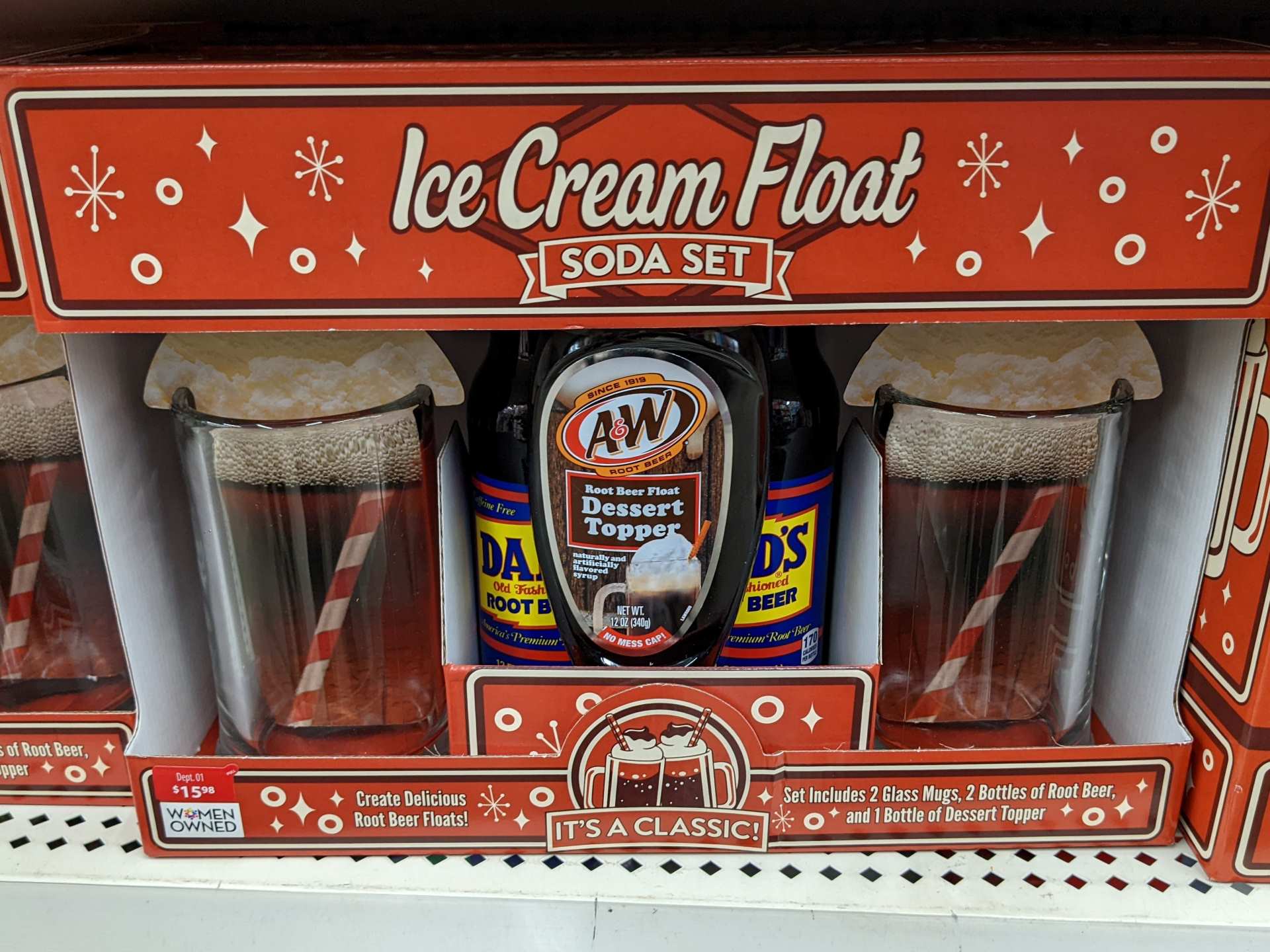
9. **A&W Root Beer: The Nostalgic Treat on a Special Occasion Shelf**There’s something undeniably comforting and nostalgic about A&W Root Beer. Its creamy, frothy texture and distinctive, sweet flavor have made it a beloved classic for generations. It’s the taste of Americana, often associated with family dinners, drive-ins, and creating the perfect root beer float. For many, A&W wasn’t just a soda; it was an experience, a delightful indulgence that evoked simpler times.
However, that very indulgence is precisely why A&W Root Beer, in its traditional full-sugar form, is seeing reduced consumption among millennials today. This generation’s heightened awareness of sugar’s impact on health, coupled with a deliberate effort to cut down on unnecessary calories, means that a classic like A&W is increasingly relegated to the ‘special treat’ category, rather than an everyday beverage. It’s a delicious, familiar flavor, but the high sugar content clashes with wellness goals.
Millennials are consistently seeking out beverages that offer refreshment without compromising their health. This means a move towards sparkling water, unsweetened teas, or even craft sodas that boast natural ingredients and carefully controlled sugar levels, aligning with the “healthier options” trend. When they *do* indulge in something sweet, it’s often a more intentional choice, rather than a habitual grab.
The context points out that even beloved sodas like Dr. Pepper, despite seeing an overall market resurgence, are viewed through a ‘health lens’ by millennials, transitioning from an everyday drink to an ‘occasional indulgence.’ A&W Root Beer fits this description perfectly. Its rich, sweet profile makes it a fantastic treat, but it’s no longer a go-to beverage for a generation prioritizing health and functional benefits over pure sugary nostalgia.
10. **PepsiCo’s Sierra Mist: The Citrus Refreshment That Lost Its Sparkle**Sierra Mist was PepsiCo’s answer to the lemon-lime soda market, aiming to capture consumers who wanted a crisp, sweet, and citrusy alternative to colas. It positioned itself as a lighter, brighter option, often marketed alongside its more famous sibling, Pepsi. For a good stretch, it held its own as a recognizable and frequently chosen lemon-lime soda, a refreshing choice for many who wanted something caffeine-free and distinctly fruity.
However, the same forces that impacted Sprite and 7UP have also taken their toll on Sierra Mist. The core issue remains its sugar content. Millennials are actively reducing their intake of sugary drinks, and traditional Sierra Mist, with its sweet flavor, simply doesn’t align with their evolving health-and-wellness priorities. The generation is now looking for beverages that are not only refreshing but also contribute positively to their well-being, or at the very least, don’t detract from it.
PepsiCo itself has had to adapt to these changing consumer preferences. The context mentions that “PepsiCo to adapt, launching premium soda lines made with cane sugar or focusing on low- and no-sugar offerings to try and win back these health-conscious generations.” This highlights a strategic pivot away from traditional formulations like Sierra Mist, or at least a significant shift in marketing and product development towards healthier alternatives.
So, while Sierra Mist once offered a ‘lighter’ soda option, it’s now competing in a market dominated by sparkling waters, natural fruit infusions, and zero-sugar options. Its traditional formulation has become less appealing to millennials who are constantly seeking cleaner labels and functional benefits. It’s a clear case of a once-popular brand being overshadowed by a generation’s relentless pursuit of healthier, more mindful beverage choices, leading it to fizzle out for many.
The fizzy fun of traditional sodas might be fading for millennials, but it’s making way for a whole new world of exciting, health-conscious sips! From the rise of functional beverages packed with gut-friendly probiotics and adaptogens to the booming market for sparkling waters and artisanal craft sodas, our generation is truly redefining what it means to be refreshed. We’re not just drinking; we’re making conscious choices that reflect our values for wellness, sustainability, and quality. So, whether you’re reaching for a vibrant matcha tea, a hydrating electrolyte drink, or a sparkling water with a twist of fresh fruit, remember that you’re part of a massive movement that’s shaking up the beverage industry, one mindful sip at a time. Cheers to a healthier, happier you!

